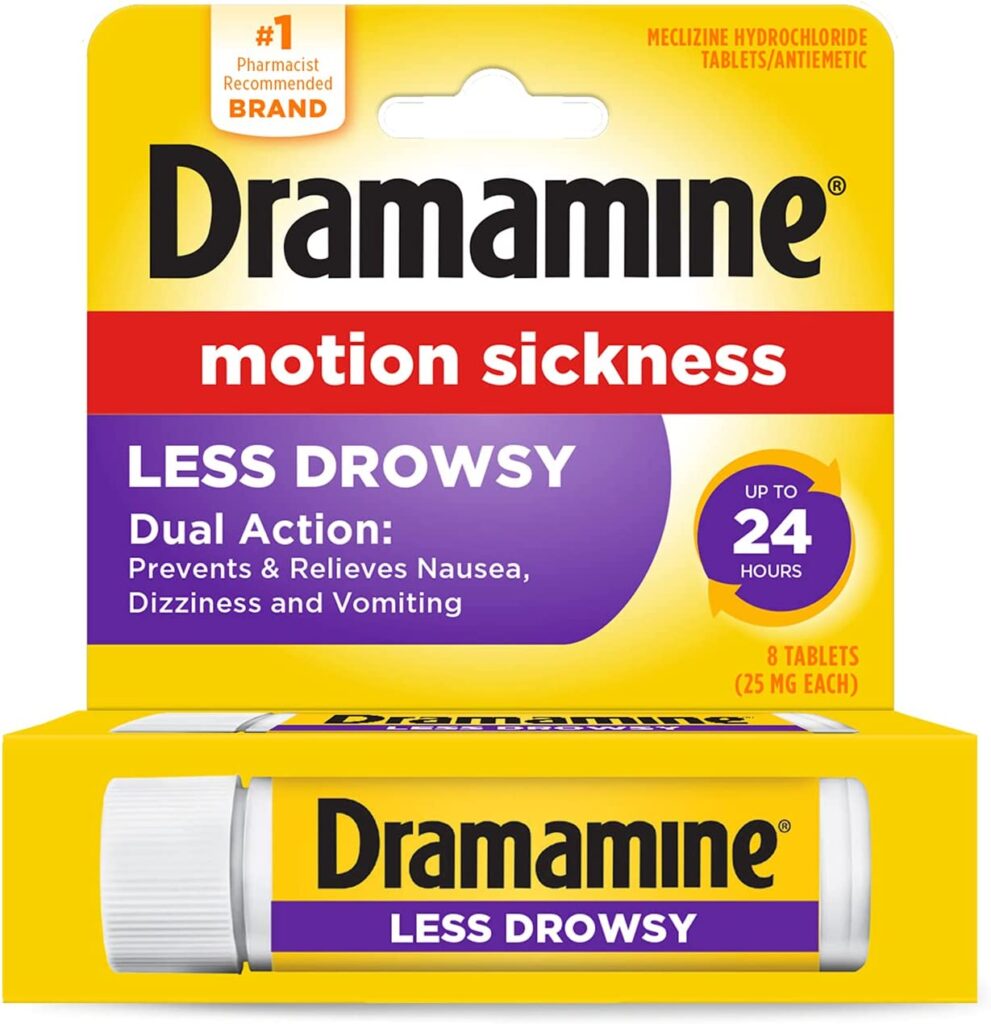Diarrhea in Cats
Diarrhea is a common problem in cats that can be caused by a variety of factors, including dietary changes, infections, parasites, health conditions, and stress. It is important to manage diarrhea in cats to prevent dehydration and other health problems.
Symptoms of Diarrhea in Cats
The most common symptom of diarrhea in cats is loose or watery stools. Other symptoms may include vomiting, lethargy, loss of appetite, dehydration, abdominal pain or discomfort, and blood or mucus in the stool.
Causes of Diarrhea in Cats
There are many possible causes of diarrhea in cats, including:
Dietary changes:
Eating a new food or too much of a particular food can cause diarrhea in cats.
Infections:
Bacterial, viral, and parasitic infections can all cause diarrhea in cats.
Health conditions:
Some health conditions, such as inflammatory bowel disease, can cause chronic diarrhea in cats.
Stress:
Stress can also trigger diarrhea in cats.
Managing Diarrhea in Cats:
If your cat has diarrhea, it is important to manage the condition to prevent dehydration and other health problems. Here are some tips for managing diarrhea in cats:
Consult with your veterinarian:
Your veterinarian can help you determine the cause of your cat’s diarrhea and recommend the best course of treatment.
Monitor hydration:
Diarrhea can lead to dehydration, so it is important to monitor your cat’s hydration status. Signs of dehydration include decreased urination, dry gums, and sunken eyes.
Adjust diet:
If your cat’s diarrhea is caused by a dietary change, you may need to adjust their diet. You may want to switch to a bland diet or a food that is designed for cats with sensitive stomachs.

BUY ON AMAZON
Administer medication:
Your veterinarian may prescribe medication to help treat your cat’s diarrhea.
Provide a calm environment:
Stress can trigger diarrhea in cats, so it is important to provide them with a calm environment.
What You Need to Know
Diarrhea is a common problem in cats that can be caused by a variety of factors, including:
Dietary changes:
Symptoms of Diarrhea in Cats:
The most common symptom of diarrhea in cats is loose or watery stools. Other symptoms may include:
1- Vomiting
2- Lethargy
3- Loss of appetite
4- Dehydration
5- Abdominal pain or discomfort
6- Blood or mucus in the stool
If you notice any of these symptoms in your cat, it is important to take them to the veterinarian as soon as possible. Diarrhea can lead to dehydration and other health problems, so it is important to get your cat the treatment they need as soon as possible.
Treatment for Diarrhea in Cats
The treatment for diarrhea in cats will vary depending on the underlying cause. However, there are some general steps that you can take to help manage your cat’s diarrhea at home. These steps include:
Consult with your veterinarian:
Your veterinarian can help you determine the cause of your cat’s diarrhea and recommend the best course of treatment.
Monitor hydration:
Diarrhea can lead to dehydration, so it is important to monitor your cat’s hydration status. Signs of dehydration include decreased urination, dry gums, and sunken eyes.
Adjust diet:
If your cat’s diarrhea is caused by a dietary change, you may need to adjust their diet. You may want to switch to a bland diet or a food that is designed for cats with sensitive stomachs.
Administer medication:
Your veterinarian may prescribe medication to help treat your cat’s diarrhea.
Provide a calm environment: Stress can trigger diarrhea in cats, so it is important to provide them with a calm environment.
Preventing Diarrhea in Cats:
There are a few things that you can do to help prevent diarrhea in your cat, including:
Feed your cat a high-quality diet:
A high-quality diet will help to keep your cat’s digestive system healthy.
Avoid giving your cat table scraps:
Table scraps can upset your cat’s stomach and cause diarrhea.
Make sure your cat has access to fresh water at all times:
Dehydration can contribute to diarrhea.
Keep your cat’s litter box clean:
A dirty litter box can harbor bacteria that can cause diarrhea.
Monitor your cat’s stress levels: Stress can trigger diarrhea in cats.
Conclusion:
Diarrhea is a common problem in cats that can be caused by a variety of factors, including dietary changes, infections, parasites, health conditions, and stress. It is important to manage diarrhea in cats to prevent dehydration and other health problems. If your cat has diarrhea, it is important to consult with your veterinarian to determine the cause of the diarrhea and recommend the best course of treatment.
Here are some tips for managing diarrhea in cats:
Consult with your veterinarian: Your veterinarian can help you determine the cause of your cat’s diarrhea and recommend the best course of treatment.
Monitor hydration: Diarrhea can lead to dehydration, so it is important to monitor your cat’s hydration status. Signs of dehydration include decreased urination, dry gums, and sunken eyes.
Adjust diet: If your cat’s diarrhea is caused by a dietary change, you may need to adjust their diet. You may want to switch to a bland diet or a food that is designed for cats with sensitive stomachs.
Administer medication: Your veterinarian may prescribe medication to help treat your cat’s diarrhea.
Provide a calm environment: Stress can trigger diarrhea in cats, so it is important to provide them with a calm environment.
Here are some tips for preventing diarrhea in cats:
Feed your cat a high-quality diet: A high-quality diet will help to keep your cat’s digestive system healthy.
Avoid giving your cat table scraps: Table scraps can upset your cat’s stomach and cause diarrhea.
Make sure your cat has access to fresh water at all times: Dehydration can contribute to diarrhea.
Keep your cat’s litter box clean: A dirty litter box can harbor bacteria that can cause diarrhea.
Monitor your cat’s stress levels: Stress can trigger diarrhea in cats.
By following these tips, you can help to keep your cat healthy and prevent diarrhea.
You May Also Like: can a bug zapper kill a cat? 7 point Comprehensive Guide

